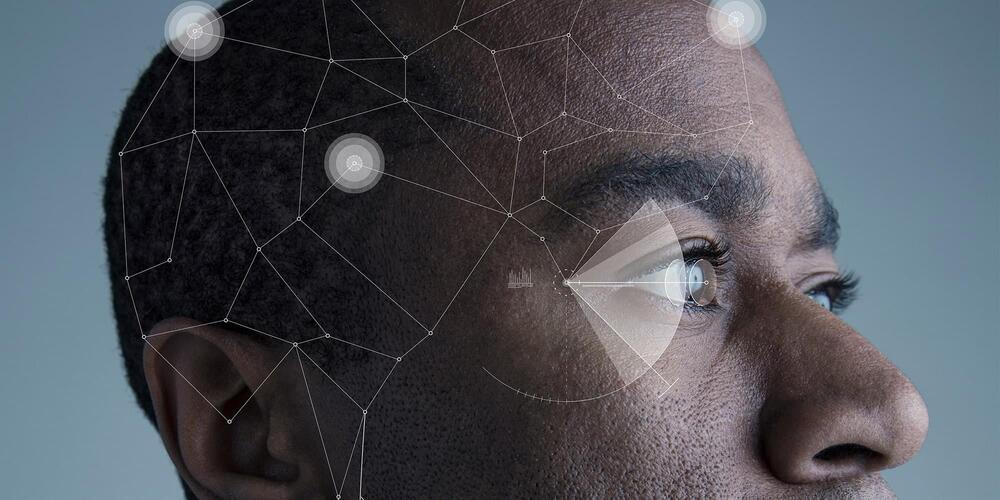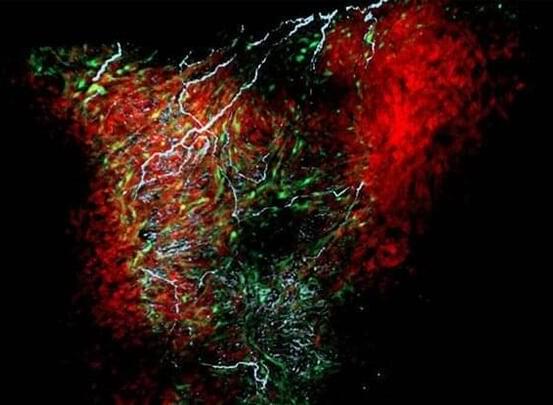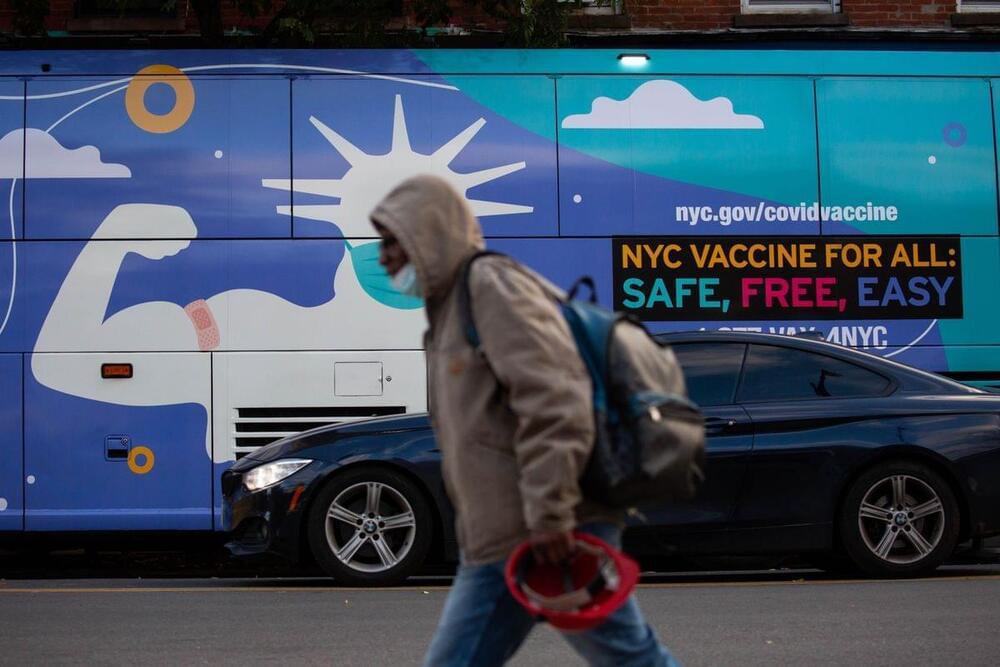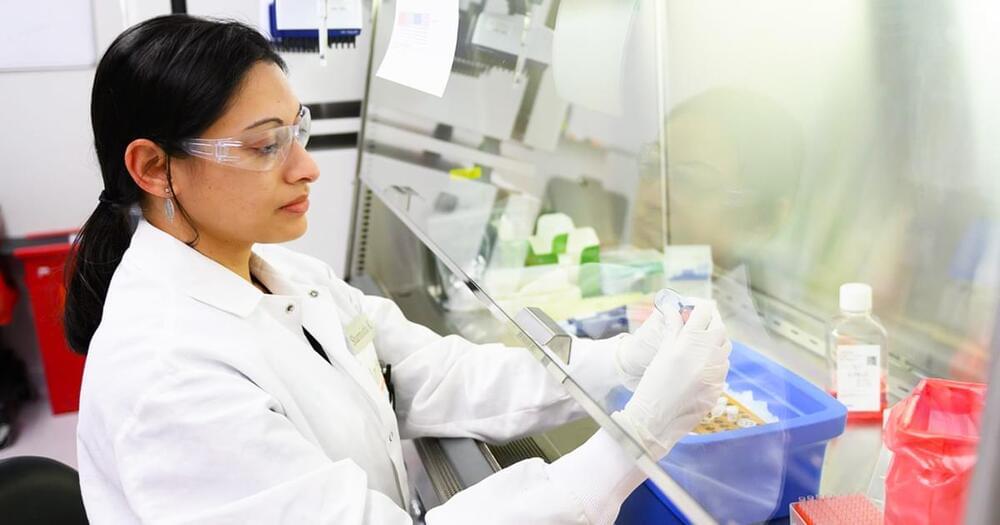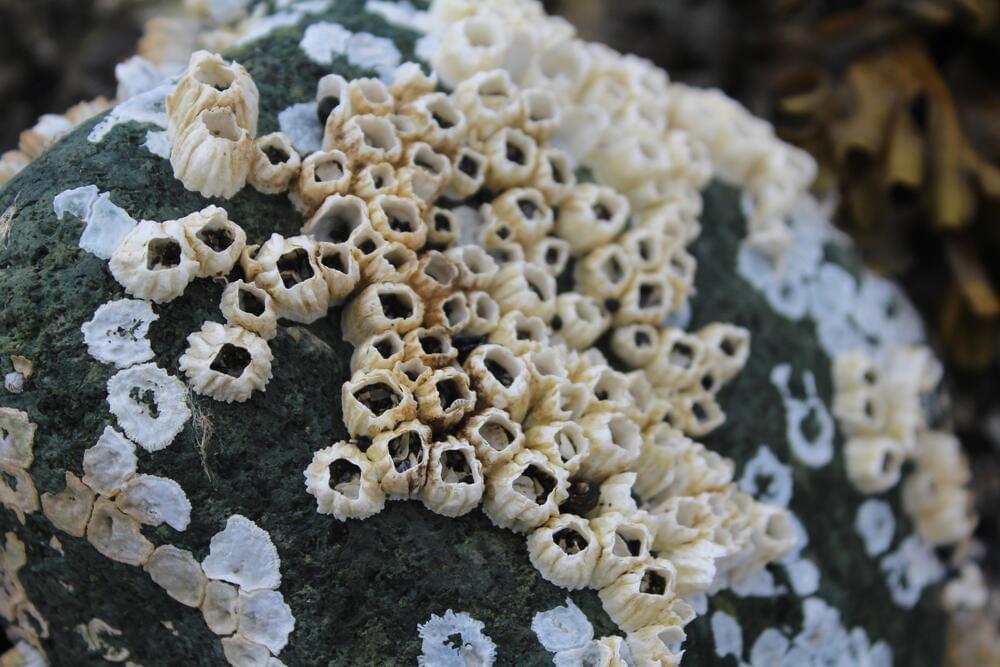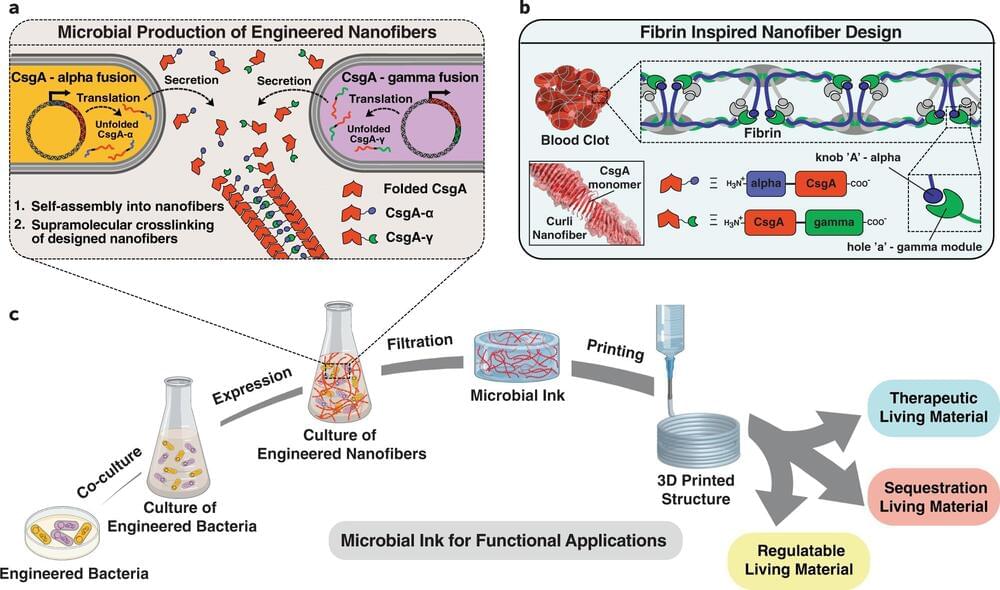Cockroach farming is practiced in China on a massive scale. At present, there are hundreds of cockroach farms in China, with the total number of cockroaches produced annually exceeding the global human population. The insects produced in these unique farms are mostly used in the production of cosmetics and medicines, or for animal feed.
In 2018, Chinese pharmaceutical company Gooddoctor claims that it has earned US$684 million in revenue through selling a “healing potion” made from cockroaches that is used annually by thousands of hospitals and millions of Chinese patients to treat respiratory, gastric, and other diseases.
However, the use of cockroaches in China is not just limited to the pharmaceutical and beauty industries. The protein-rich insects are also processed and fed as an organic meal to poultry farm animals, used to deal with food waste, and are often served in special recipes in some Chinese restaurants.
